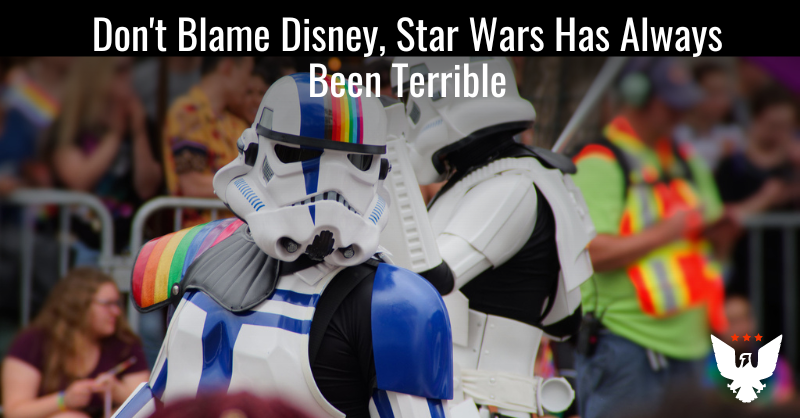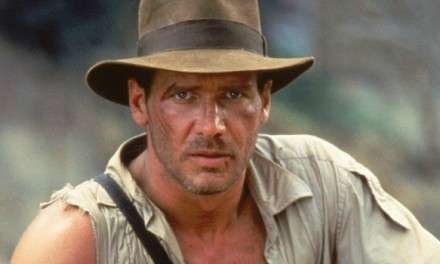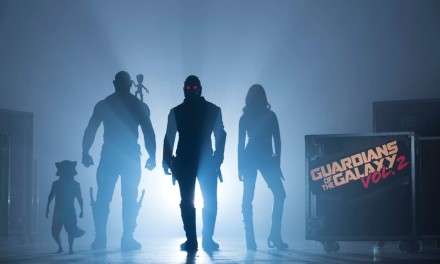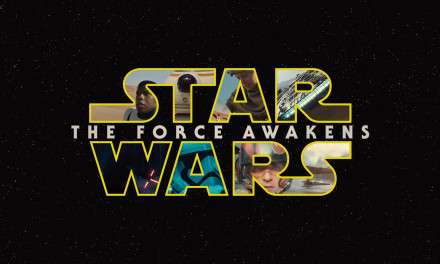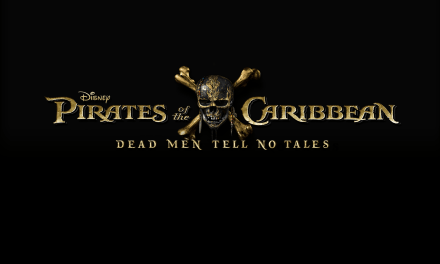In celebration of Pride Month, Disney’s newly released Star Wars installment, “The Acolyte,” has been dubbed “the gayest ever” by its creators, sparking both celebration and outrage among fans. However, the controversy over Disney’s influence on Star Wars might be missing a key point — Star Wars has always had its share of criticism.
Reflecting on its origins, renowned sci-fi auteur Harlan Ellison lambasted the original “Episode IV” as far back as 1977, calling it “a criminal act of artistic prostitution.” Ellison argued that the film relied heavily on exaggerated special effects and overly simplistic character archetypes, overshadowing the deeper philosophical explorations that science fiction should embody. Disney’s iteration of the franchise, therefore, follows a path that was already well-trodden.
Watching “Episode IV” today can indeed reveal some glaringly simplistic plot mechanisms. Moments like C3P0 and R2D2 escaping undetected in an escape pod that is suspiciously ignored by Imperial forces only highlight what Roger Ebert termed an “Idiot Plot,” where the story proceeds through the sheer idiocy of the characters. The Stormtroopers’ famously poor aim and other narrative conveniences underscore that the Star Wars saga, despite its cultural impact and financial success, has always leaned on spectacle over substance.
All this begs the question: does entertainment shape our perspective on reality? Ellison certainly thought so, claiming that simple, mindless stories could dull our intellect and insight. This idea aligns with the views of the philosopher Socrates, who argued for the impact of stories on young minds. The broader implication is significant — the stories we consume color the way we perceive our world.
Ultimately, while it’s easy to pin the blame on Disney for altering the Star Wars universe, it’s crucial to understand that the franchise has always walked a fine line between art and commercial enterprise. The phenomenal success of “The Acolyte,” amassing 11.1 million views in just five days, indicates that Star Wars, just like its fans, continues to evolve.
What are your thoughts on Star Wars’ evolution over the years? Share your opinions in the comments below and let’s keep the conversation going!
Source: The Federalist

